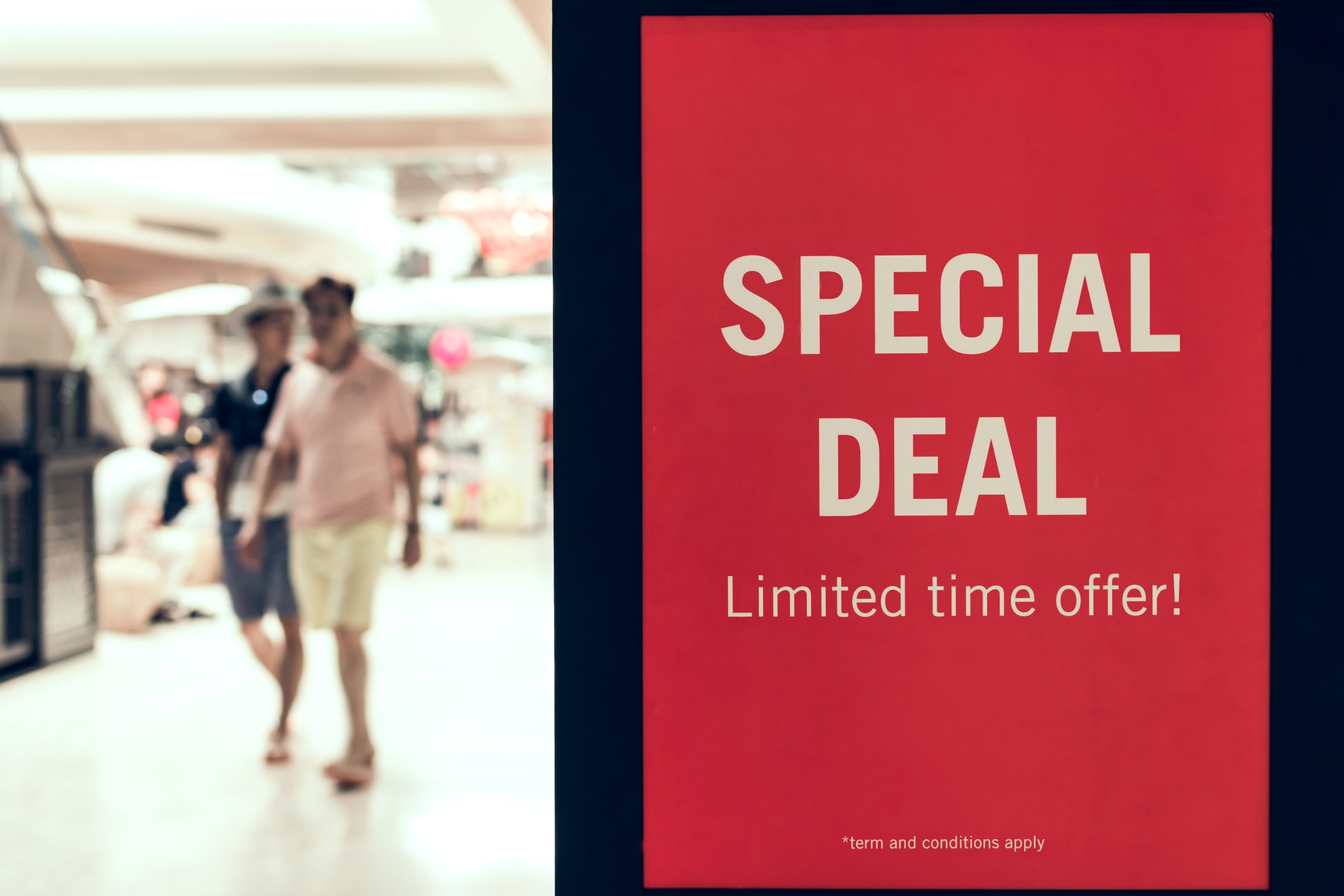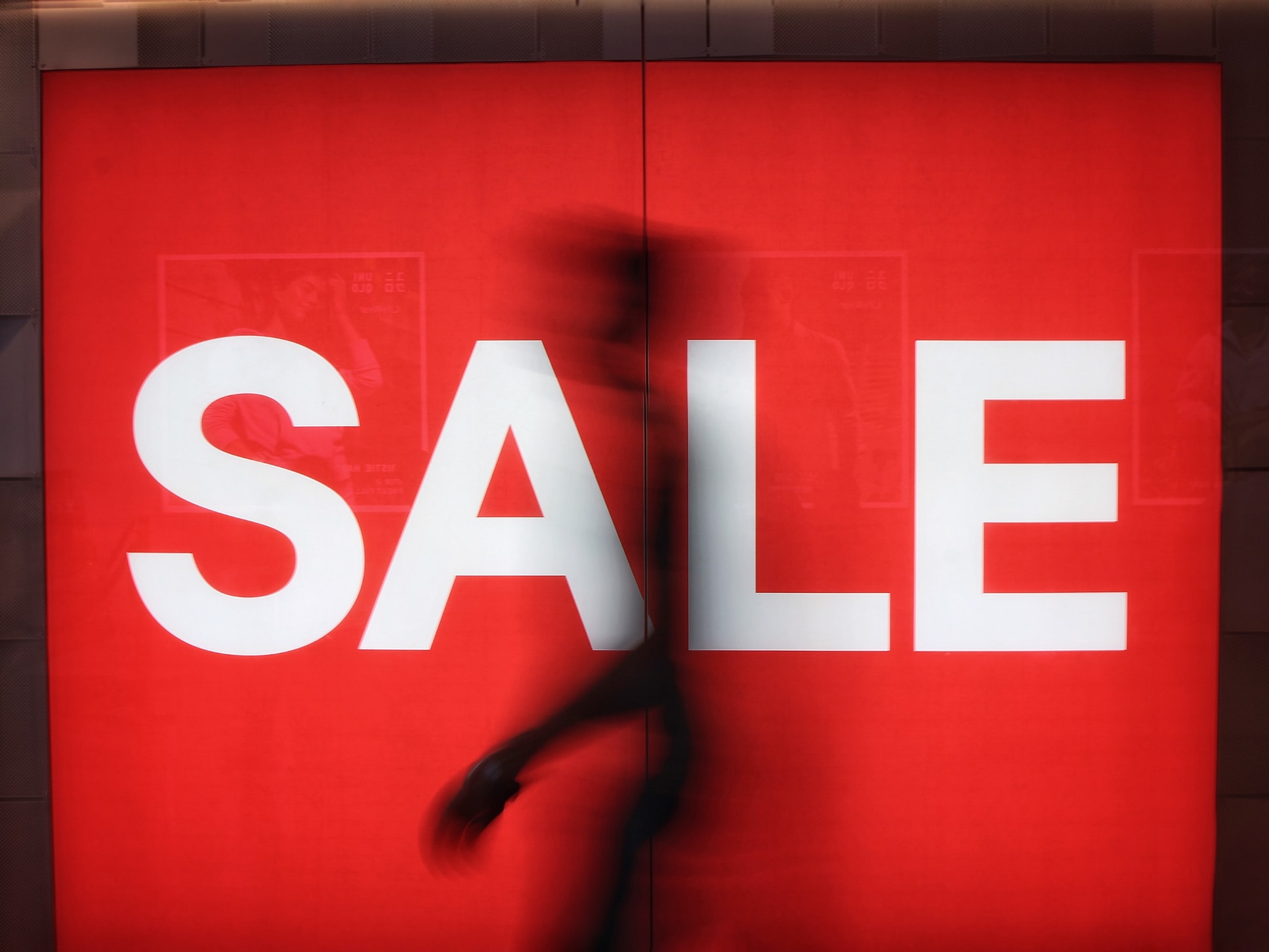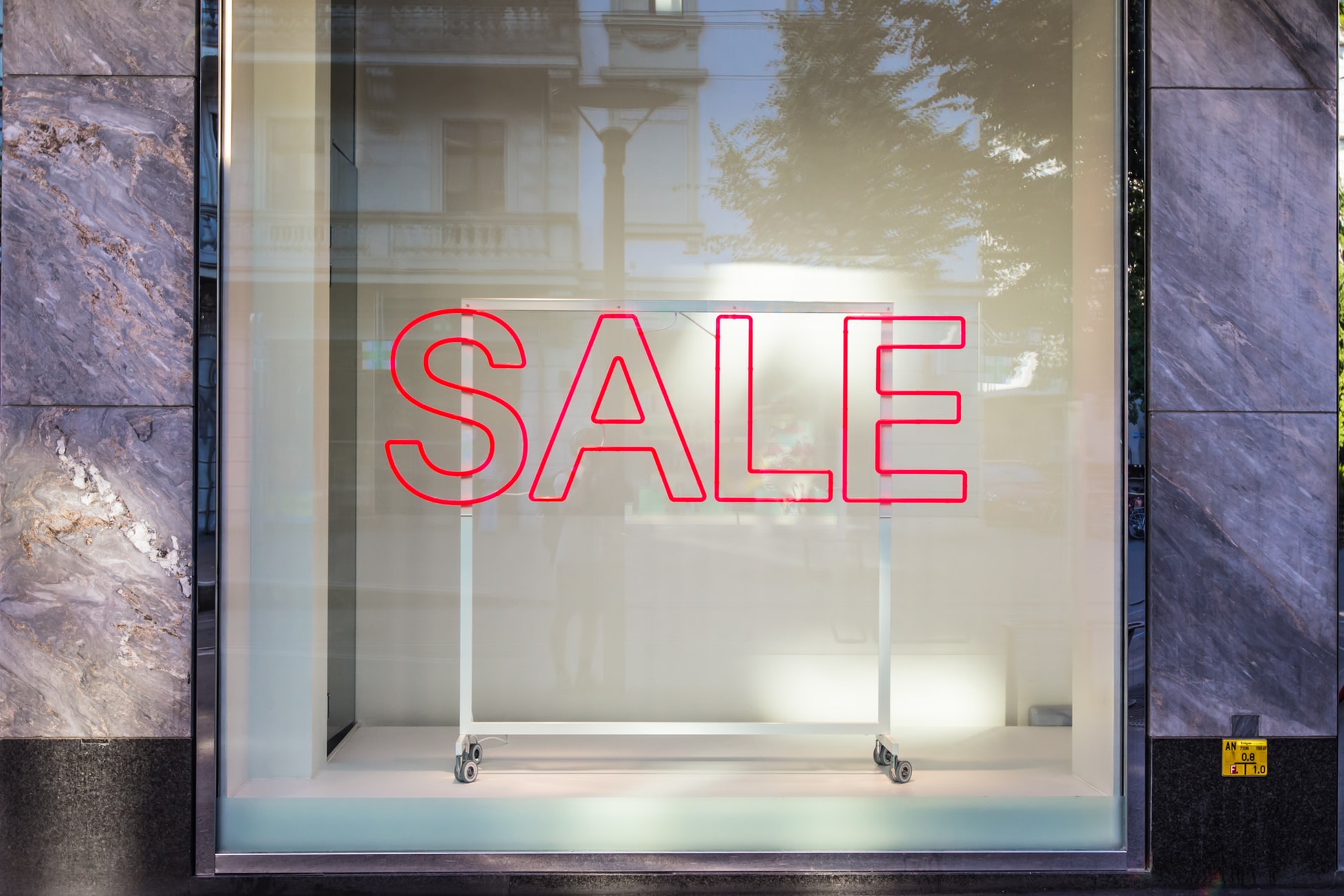- Sustainable Planet -
- 5mins -
- 603 views
Why less is more: how to stop buying more stuff and become happier
With #CyberMonday upon us again, here are 9 reasons to avoid “Using money you haven’t earned to buy things you don’t need to impress people you don’t like.”
Buying more material things won’t make us happy in the long run
On 4 June 1928, in The Detroit Free Press, syndicated humorist Robert Quillen labelled the expression “Americanism” — Americanism: Using money you haven’t earned to buy things you don’t need to impress people you don’t like.
But almost 100 years later and this is by no means a peculiarly American phenomenon; everyone is at it. And now it’s threatening the environment with the waste it generates. With Black Friday upon us again, it’s time to take a good look at “retail therapy” for what it is: consumerism—society’s preoccupation with the acquisition of consumer goods—and we look at ways to counter this obsession, for a happier life and a healthier planet.

A Brief History of Black Friday
Black Friday is an informal name for the Friday following Thanksgiving Day in the United States, which is celebrated on the fourth Thursday of November. The day after Thanksgiving has been regarded as the beginning of America’s Christmas shopping season since 1952, although the term "Black Friday" did not become widely used until more recent decades.
Many stores offer highly promoted sales on Black Friday and open very early, such as at midnight, or may even start their sales at some time on Thanksgiving. Black Friday is not an official holiday.
Since the start of the 21st century, there have been attempts by retailers with origins in the United States to introduce a retail "Black Friday" to other countries around the world. In several countries, local retailers have attempted to promote the day to remain competitive with US-based online retailers.
Black Friday is being replicated with varying degrees of popularity in countries such as Canada, United Kingdom, Mexico, Romania, France, Germany, Switzerland, Australia and New Zealand, and is gaining traction in many more.
Source: Wikipedia
Below: 4 Reasons why buying stuff won’t make you happy and 5 ways to avoid it in the first place.

4 Reasons Why Buying Material Things Won’t Make You Happy
‘The pursuit and purchase of physical possessions can never fully satisfy our desire for happiness.’ — writes Joshua Becker on his blog BecomingMinimalist.com
While it may result in temporary joy for some, the happiness found in buying a new item rarely lasts longer than a few days. Researchers even have a phrase for this temporary fulfilment: retail therapy.
Here are 4 of Becker’s Reasons Why Buying Material Things Won’t Make You Happy
- They all begin to fade. All possessions are temporary by nature. They look shiny and new in the store. But immediately, as soon as the package is opened, they begin to perish, spoil, or fade (and in many cases, quicker than the packaging).
- There is always something new right around the corner. New models, new styles, new improvements, and new features. From clothes and cars to kitchen gadgets and technology, our world moves forward. And planned obsolescence makes sure our most recent purchase will be out of use sooner rather than later.
- We discover other people aren’t all that impressed. Subconsciously (and sometimes even consciously), we expect our newest purchases will impress other people. They will notice our new car, computer, jacket, or shoes. But most of the time, they are less impressed than we think. Instead, most of them are too busy trying to impress you with their newest purchase.
- Experiences make us happier than possessions. All research points to the fact there are far more effective way to find happiness: enjoying life-changing experiences, for example.
Joshua Becker, is the WSJ Best-Selling author of The More of Less and The Minimalist Home.

5 Ways to Stop Buying Sh*t You Don’t Need
- Determine What Sh*t Is Important – It’s okay to buy some things that you don’t need. It really is. However, you need to determine ahead of time what hobbies, collectibles, or general “sh*t” is important to you. Build a framework for the unnecessary items in your life, so that purchases are within reason.
- Money Gives You Options, Extra Stuff Limits You – Your mindset regarding unnecessary sh*t should be one of “it limits me.” The extra stuff in your life is requiring space, creating clutter, and will need to be dealt with in the future. On the flip side, if you save/invest the money you would have spent on sh*t you don’t need, you can use that money for financial security and other opportunities in life.
- Cash Only – A whole lot of people buy the bulk of the shit they don’t need on credit cards or using financing. Using debt is a psychological trick that makes us spend more than we would if using cash. Make a commitment to a debt-free life, and it will naturally force you to buy less sh*t.
- Embrace Minimalism – A minimalist approach to your life can save you thousands of dollars a year, and drastically reduce the amount of extra sh*t in your life. Even embracing a slightly more minimalist approach than your current situation, you can stop the urge to buy new stuff.
- Be Grateful – Appreciating what you already have is an important life skill to learn. Being grateful allows you to reduce your desire for more, and be happier with your existing situation. Buying sh*t we don’t need often comes from a dark place in our emotions, known as discontentment.
From 10 Ways to Stop Buying Shit You Don’t Need, by James, on his blog SimpleLivingDaily.com


